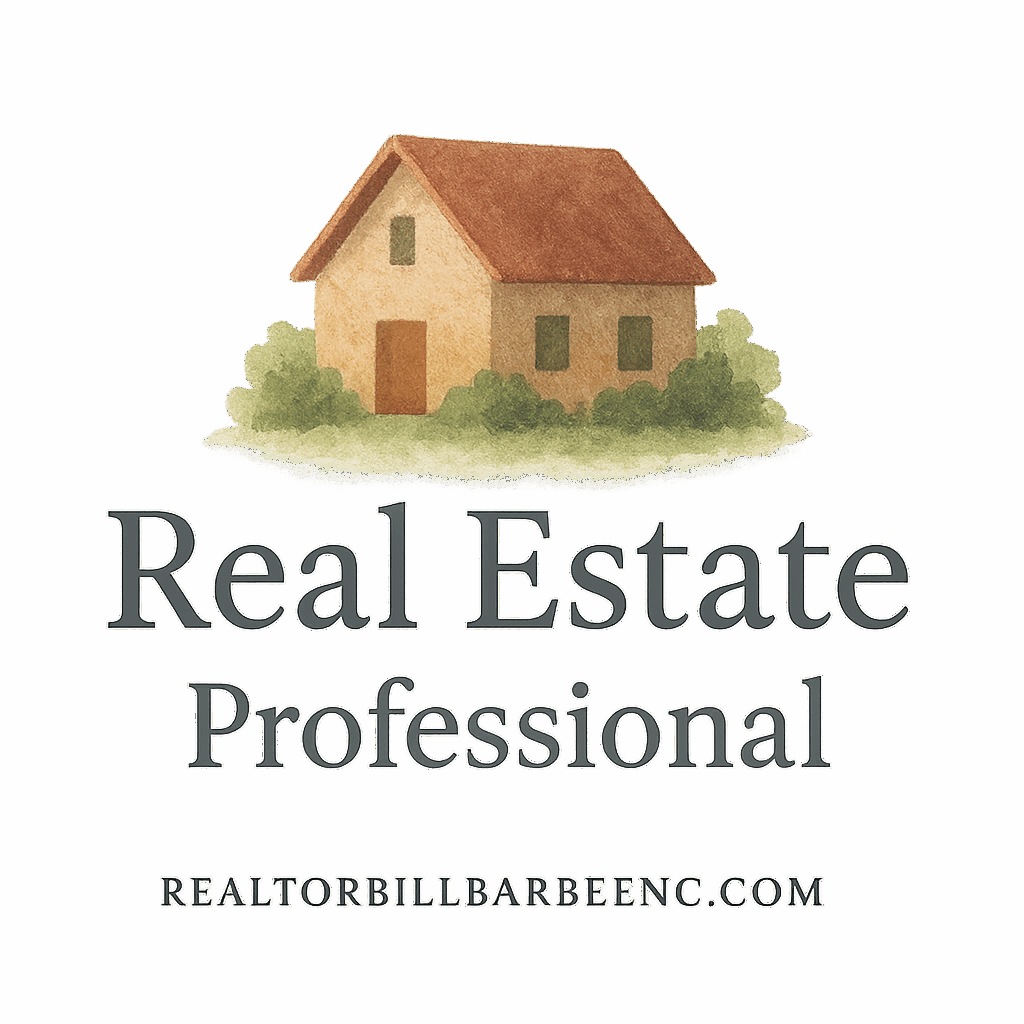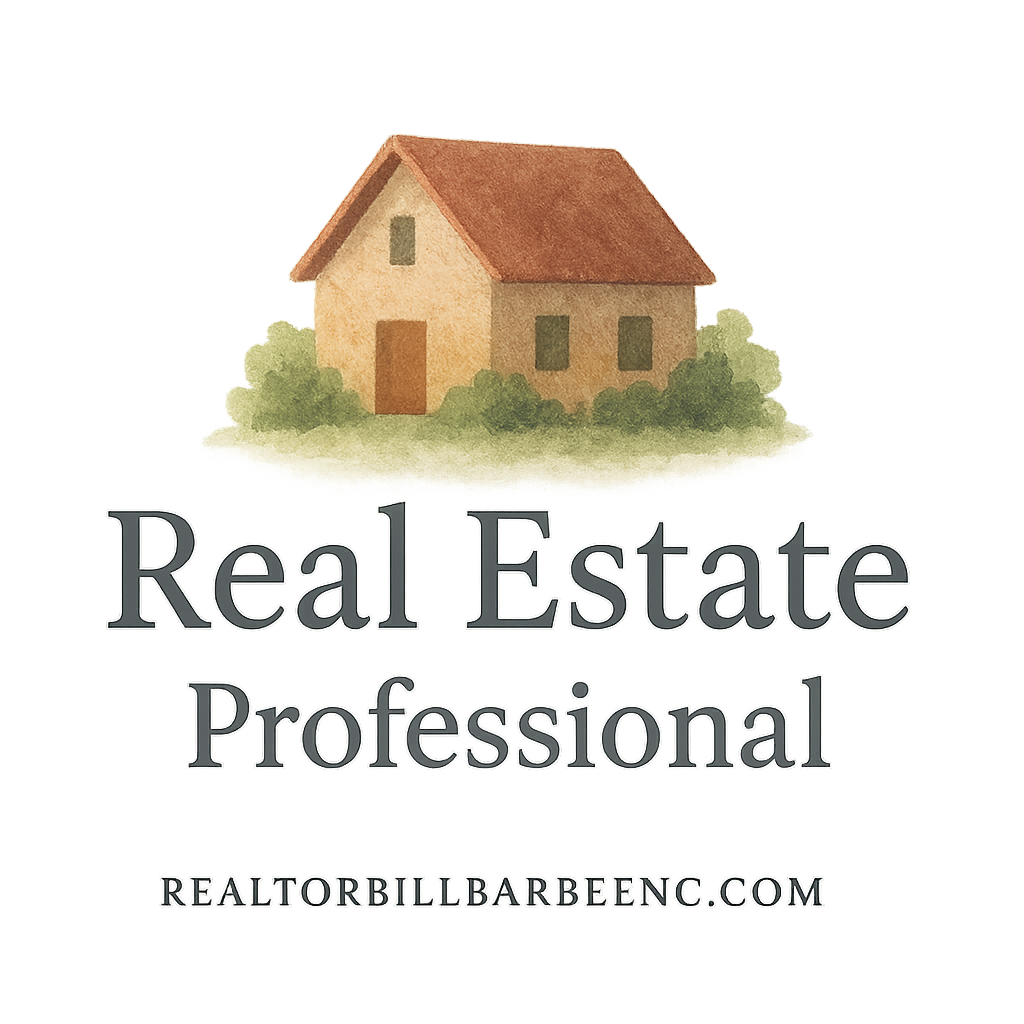Introduction
So, you’ve decided to sell your home in North Carolina—congrats! But before you pop the champagne, let’s talk pricing. Because here’s the thing: pricing your home wrong can cost you time, money, and sanity. And in a dynamic market like NC, where demand fluctuates between Charlotte suburbs and mountain hideaways, getting the price right is part art, part science.
Let’s walk through the top 5 pricing strategies that smart sellers use in North Carolina to attract buyers, drive demand, and close fast.
Why Pricing Your Home Right Matters
Understanding the NC Housing Market
North Carolina is diverse—beach towns, tech hubs, rural farmlands. What works in Raleigh might flop in Boone. That’s why tapping into localized data is key.
Luckily, you can explore Real Estate Market Insights for the latest pricing trends and seasonal fluctuations across North Carolina’s neighborhoods.
Common Pricing Mistakes to Avoid
Let’s be honest—emotions get in the way. You might think your home is worth more than the market says, but buyers don’t care how many memories you made in your living room. Common missteps?
- Overpricing “just to test the market”
- Ignoring neighborhood comps
- Not adjusting to market feedback
Avoid these traps by visiting the Home Selling Strategies page for real-world selling tips.
Strategy #1: Competitive Market Pricing
What the Market Is Saying in North Carolina
Competitive pricing is all about blending in—then standing out. You’ll analyze homes similar to yours (in size, age, location) that have recently sold. This isn’t guesswork—it’s strategy.
Using Comparable Sales (Comps)
Real estate agents rely on comps to find a pricing range that aligns with current buyer expectations. You want to land right in the sweet spot—not too high to scare folks off, not too low to lose money.
Need help reading comps? Visit Agent Resources to connect with agents trained in NC-specific pricing strategies.
Strategy #2: Psychological Pricing Tactics
The Magic of $299,000 vs. $300,000
Sounds silly, but shaving $1,000 off the price makes a huge psychological difference. Why?
- $299,000 feels cheaper than $300,000
- It catches more eyeballs in search filters
- It creates emotional urgency
This is the real estate version of retail’s $19.99 trick.
How Buyers React Emotionally
Pricing isn’t just math—it’s perception. Buyers are emotional, especially in competitive markets. So use that to your advantage by pricing just below round numbers.
You can find more psychological triggers in our Tips for Sellers and Marketing Tactics.
Strategy #3: Pricing Below Market Value (To Create a Bidding War)
Does It Work in North Carolina?
You’ve probably seen this in hot markets: price the house low, and let the bidding begin. Yes, it can work in NC—especially in high-demand spots like Charlotte or Cary.
But it’s risky. You need a solid plan and an agent who knows how to create urgency.
When to Use This Strategy
- You’re in a seller’s market
- You need to sell fast
- Your home is updated and staged
Still on the fence? Dive deeper into Home Selling Strategies to learn when this tactic pays off.

Strategy #4: Price Band Targeting
Appearing in Online Search Filters
Buyers shop using price filters. They might set their range at $250K–$300K. If you list at $305K, guess what? You’re invisible.
Strategically pricing within commonly used search bands gets your listing seen.
Hitting the Sweet Spot on MLS Platforms
This strategy works well on MLS, Zillow, Realtor.com, and even during Open House promotions. It’s all about visibility—and pricing is your ticket in.
Check out Time Management strategies to streamline your listing process and hit the market at the right moment.
Strategy #5: Value-Add Pricing
Highlighting Renovations, Smart Features & Perks
Have you remodeled the kitchen? Added solar panels? Upgraded the HVAC? That’s value. But here’s the key: price it slightly higher AND highlight the upgrades.
This lets buyers justify the price—and possibly even fight for it.
Creating the Perception of Value
Don’t just say “updated kitchen”—tell them what it’s worth.
“Brand new energy-efficient windows ($10K value) installed in 2024”
Make sure it’s all visible in your listing and during showings. Want to make your upgrades stand out? Try using Video Marketing to tell your home’s story.
How to Choose the Right Strategy for Your NC Home
Urban vs. Rural Pricing Trends
A home in Asheville plays by different rules than one in rural Duplin County. Cities tend to support higher competition and faster sales cycles, while rural areas may need more flexible pricing.
Understanding NC Neighborhood Demographics
Use our NC Neighborhoods guide to understand how schools, crime rates, walkability, and local development affect pricing. Some spots are hidden gems that deserve higher pricing than comps suggest.
Conclusion
Pricing a home in North Carolina isn’t just about slapping on a number. It’s about understanding buyer psychology, neighborhood dynamics, and market trends. When you combine strategy with timing, you get results.
Remember:
- Study your comps
- Tap into search filters
- Add value visually and verbally
- Create emotional connection
- Know your local market
And hey—don’t go at it alone. Explore the full suite of tools at RealtorBillBarbeeNC.com to get local insight, selling tips, and access to professional help.
FAQs
1. Should I lower my price if my home isn’t selling?
Maybe—but first, assess your marketing, staging, and competition. Visit the Real Estate tag for other factors affecting home sales.
2. Can I raise the price after listing if demand is high?
Technically yes, but it’s rare. It can also frustrate buyers. Instead, encourage bidding wars if demand is strong.
3. Is pricing low always a good idea?
Not always. It works in hot markets, but can backfire in slower areas. Check the 2025 market predictions before trying it.
4. How much do renovations affect price?
Major renovations can boost value, but not dollar-for-dollar. Use Home Selling Strategies to evaluate ROI.
5. What’s the most common mistake NC sellers make?
Overpricing out of emotional attachment. Browse the Mistakes tag to avoid this pitfall.
6. How do I price for online exposure?
Use price bands. For example, instead of $301,000, price at $300,000 to fall within more searches.
7. Where can I find a trusted real estate agent?
Start with Agent Resources to find local, vetted professionals.


